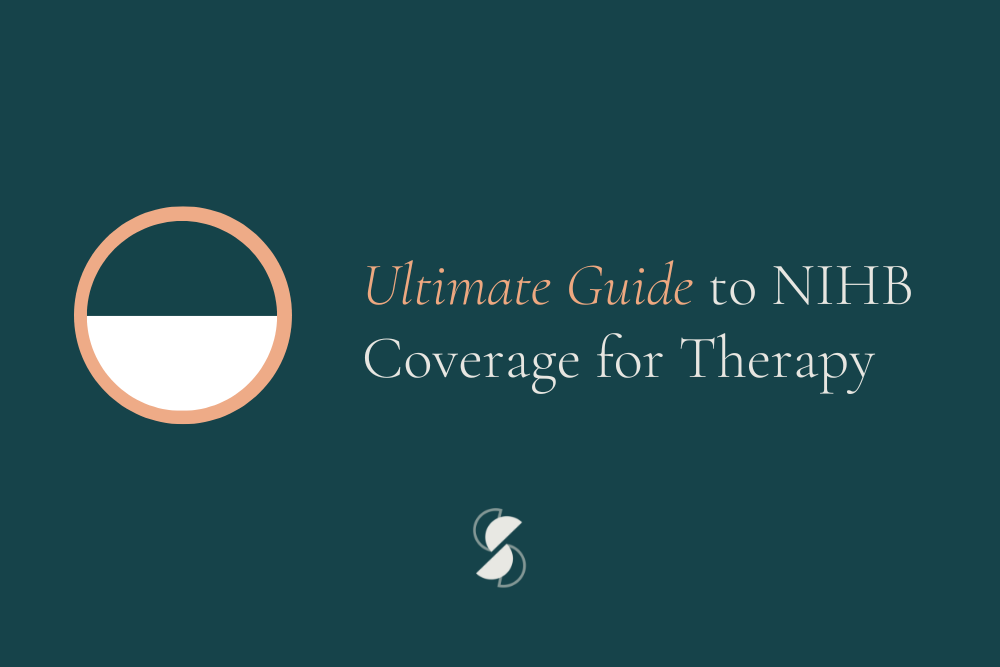Maintaining Your Independence While In A Relationship

How Can I Enjoy A Healthy Relationship And Keep My Own Identity?
An integral part of a healthy relationship is preserving your sense of self. A committed relationship is great for many reasons, but it’s important to cultivate your own identity outside the relationship. When you do this, you can often avoid challenging dynamics such as codependency.
Below are some tips to help you preserve your own identity while in a relationship. These practices can help you and your partner(s) feel more secure, whether you’re together or apart!
1. Focus on self-care
Self-care is taking part in activities that make us feel calm, safe and prioritized. This is how we self-soothe in times of stress and recharge our mental, emotional, and physical batteries.
While self-care can certainly be done with a partner—such as going for a walk or binge-watching a favourite tv show—it’s also important to have your own self-care practices. This might mean getting your hair or nails done, going to the movies alone, or carving out time alone at home.
If you find it hard to prioritize self-care, that’s normal. Try scheduling self-care time every day, whether it’s 30 minutes before bedtime or an hour after you come home from work.
Remember, self-care is individualized, so what works for one person may not work for you. That’s okay. Do the things that feel right for you, and place the same importance on self-care as other responsibilities in your life.
2. Develop new interests or hobbies
Another way to maintain independence while in a relationship is to nurture your own interests or learn new hobbies. This can be a fantastic way to maintain your overall well-being.
If some of your interests don’t match your partner's, consider doing them on your own or finding a friend to do them with you. Perhaps it’s taking up a cooking class, joining a sports team, or learning a new language: whatever activity or practice you want to pursue, make time for it!
Society often has the unrealistic expectation that we should do everything with our partners and that our interests should always align. This is definitely not the case: it’s perfectly acceptable to explore your own interests without your partner. Not only will this strengthen your sense of identity, but it’ll also give you more to talk about, which can ultimately strengthen your connection.
When clients want to explore new hobbies or interests, I ask them: what would you try if you had no fear? What would you pursue if nothing was holding you back? These questions can help you tap into your values and align your hobbies with them.
3. Engage in self-reflection
While it’s important to have joint values in a relationship, it's equally important to live according to your values. Journalling is a great way to explore your values and needs.
Take time to reflect on your own values: what’s most important to you? What do you stand for? What kind of person do you want to be? What kind of life do you want to live? Do you feel you’re living according to these values?
If you don’t feel you’re living out your values, think about how you can better align yourself with them. Could this mean becoming more involved in your cultural community, religion, or exploring your spirituality? Could it mean volunteering to help others in need?
It’s also healthy to reflect on your needs in the relationship. Are these needs being met? If your partner cannot always meet your needs, how can you meet them yourself? Or can other people in your life meet these needs? What might need to change in your relationship for it to feel safe and secure?
Again, journalling can help you reflect on these questions and brainstorm ways to cultivate your own identity when you’re in a relationship. Reflection can also be done through therapy!
4. Consider your boundaries
Do you feel you need more time away from your significant other? Do you rarely reach out to your social support system? Do you want to carve out more time for family and friends?
If you answered ‘yes’ to these questions, you might need to talk with your partner about boundaries. You can discuss what boundaries you both need to ensure you’re achieving balance in your relationship.
During this conversation, make sure to express how much you love and appreciate time with your partner. However, remember that it’s both valid and important to want time to nurture your other relationships. Try using “I” statements to ensure your partner doesn’t feel attacked or that they’ve done something wrong.
When discussing boundaries or changes in your relationship, it’s important to communicate your intentions. This will reduce the likelihood of miscommunication or assumptions that could damage your relationship. You can also encourage your partner to nurture their own significant relationships. This is the ultimate way to stave off codependent dynamics in your relationship.
I hope these tips will help you nurture your identity and well-being while in a relationship. I encourage you to reflect on the questions above to see if there are ways you can show up better for yourself and your partner. Remember: the most important relationship in life is the relationship with yourself!










